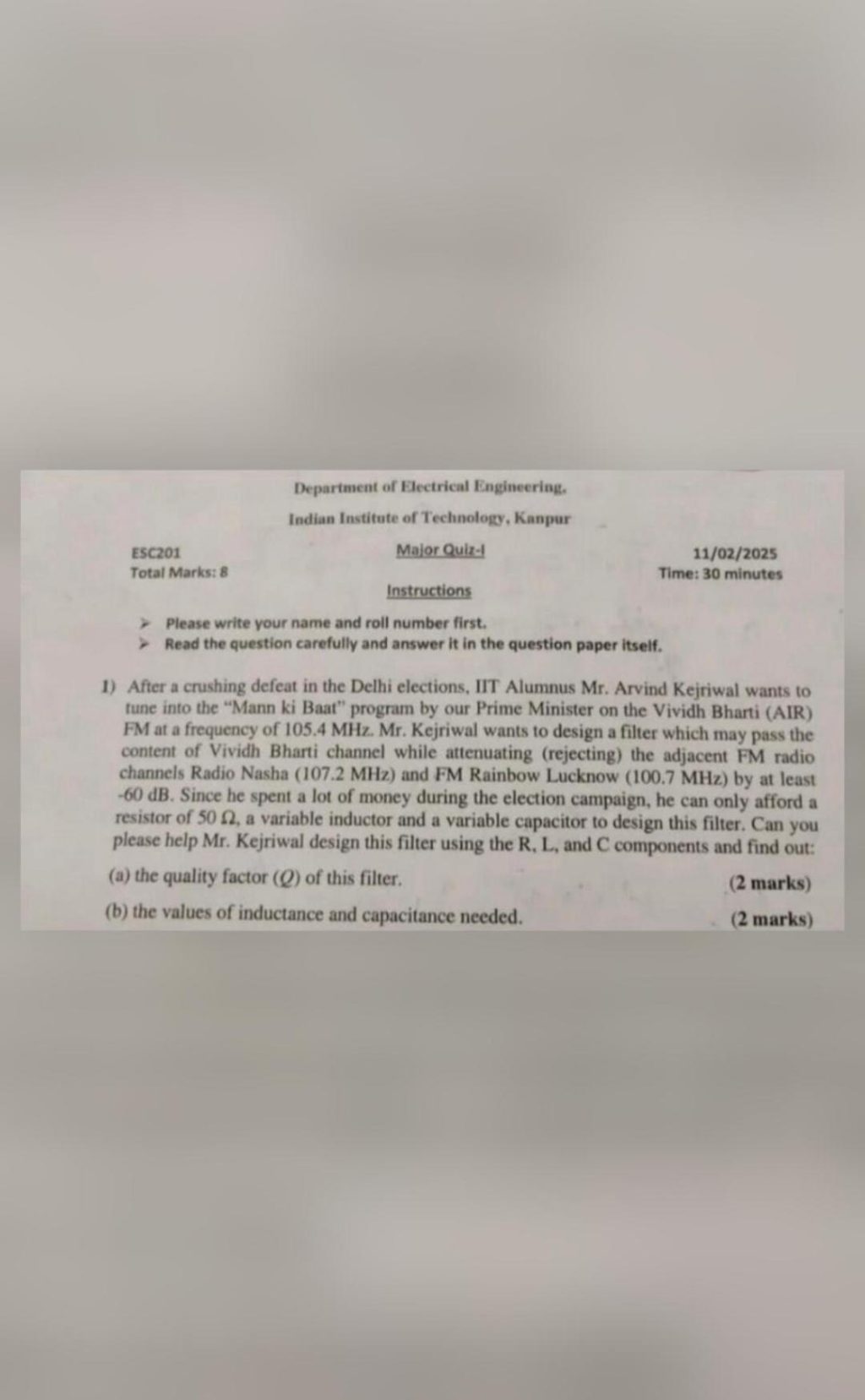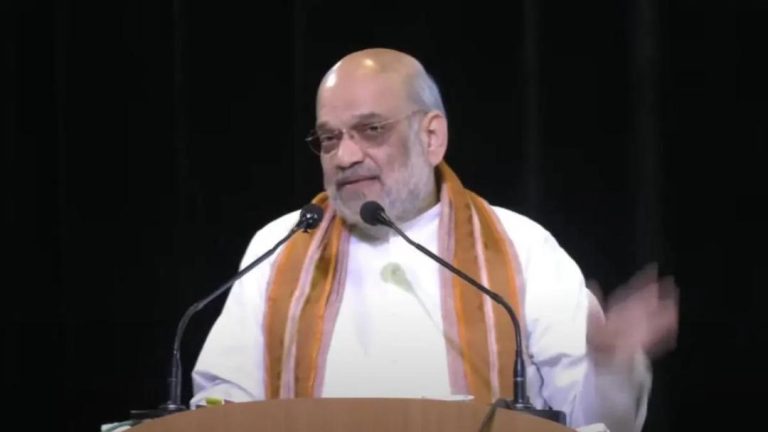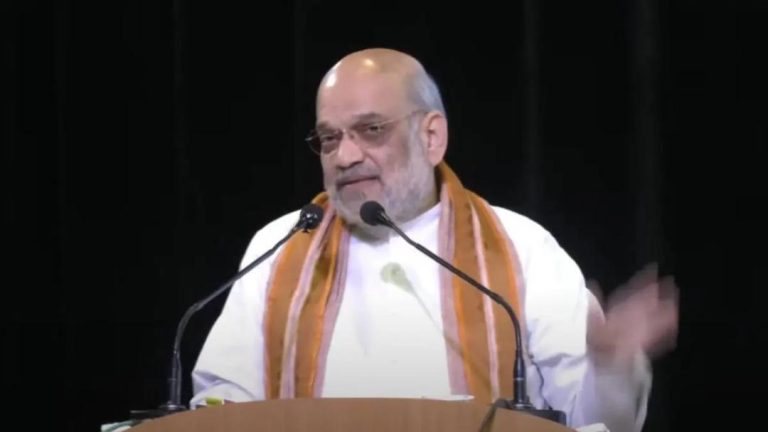
Wanted Exam to be More Engaging: IIT Kanpur on ‘Kejriwal & Mann Ki Baat’ Question
In a recent development, a question paper from IIT Kanpur has gone viral on social media, asking students to design a filter for Arvind Kejriwal, the Chief Minister of Delhi, to help him listen to PM Narendra Modi’s ‘Mann Ki Baat’ after the Delhi poll loss. The question has sparked a lot of curiosity and debate, with many wondering if such a question is relevant or even necessary in an engineering exam.
According to the report, the question paper was drafted by a professor at IIT Kanpur who likes to use “references to well-known personalities…to make exam questions more engaging.” In an interview, the professor confirmed that the question was indeed part of the exam paper and was intended to test the students’ creative skills.
The question itself is quite straightforward, asking students to design a filter that can help Arvind Kejriwal tune into PM Modi’s ‘Mann Ki Baat’ radio program. The program is a monthly broadcast where PM Modi shares his thoughts and ideas with the nation, and it has gained popularity over the years. However, it is unclear why the professor thought it was necessary to ask students to design a filter for the CM of Delhi to listen to the PM’s program.
One possible reason behind the question could be to test the students’ ability to think creatively and come up with innovative solutions to a problem. By asking students to design a filter, the professor may be trying to encourage them to think outside the box and come up with a unique solution. This approach can be beneficial in an engineering course, as it helps students develop their problem-solving skills and think critically.
However, some critics have argued that the question is not relevant to the course material and is simply an attempt to be attention-grabbing. In an engineering course, students are expected to focus on more technical and practical aspects of the subject, rather than designing filters for politicians. This approach may not be the most effective way to assess a student’s knowledge and skills in the field.
Another concern is that such questions may lead to a lack of focus on the core curriculum. If professors start incorporating questions that are not directly related to the course material, students may lose sight of what is important and struggle to prioritize their learning. This can lead to a lack of depth in their understanding of the subject and a lack of preparation for the real-world challenges they will face in their careers.
Despite these concerns, the professor who drafted the question paper has defended his approach, stating that he likes to use “references to well-known personalities…to make exam questions more engaging.” This approach may be effective in some cases, but it is important for professors to strike a balance between creativity and relevance.
In conclusion, while the question paper from IIT Kanpur may have sparked some debate and curiosity, it is unclear whether it is an effective way to assess students’ knowledge and skills. As an engineering institute, IIT Kanpur should focus on providing students with a comprehensive education that prepares them for the real-world challenges they will face. While creativity and innovation are important skills to have, they should be balanced with a focus on the core curriculum.




